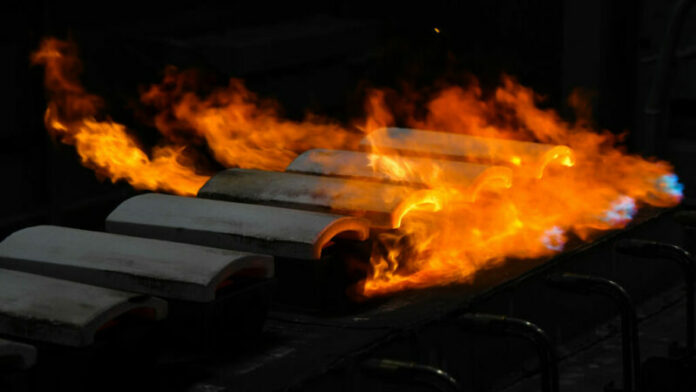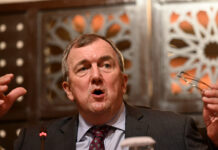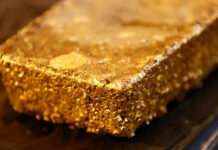
ILLEGAL mining, especially in gold, is not unique to South Africa. Billions of dollars in illegally mined gold has been sold to traders in Dubai, often via the unmonitored recycling industry. It’s a major concern to David Tait, CEO of the World Gold Council, who is on a mission to clean up gold’s image and improve its tradability.
“We are working with the United Arab Emirates to change the way things are done. I can smell BS a mile away but I think they are serious,” says Tait.
The World Gold Council last year convened a meeting in Vienna between central banks in whose countries illegal mining was a factor. “During the course of the meeting we agreed on 12 principles about how we want to be part of a global body to influence this,” says Tait.
The aim is to put all gold imports through refiners registered with the London Bullion Market Association, and to agree on ESG principles that ban mercury usage and child labour.
They also agreed to influence the governments above the central banks to provide incentives for artisanal miners to use central banks rather than going to criminal gangs.
“My goal is to marginalise the criminal gangs and get gold into credited refiners and into our ecosystem, and in so doing redirect flows away from nefarious actors and nefarious parts of say, Dubai,” he says. An agreement was expected by year-end.
On November 21, the WGC agreed with the Dubai Multi Commodities Centre to standardise efforts monitoring legitimate and illicit aspects of hand carried gold.
“The result will be a set of policy recommendations that will address the forms of gold that can be hand-carried, definitions of acceptable personal limits, and the establishment of standardised customs declaration and digital tracking processes,” the council said.
This article first appeared in the Financial Mail on November 30.











